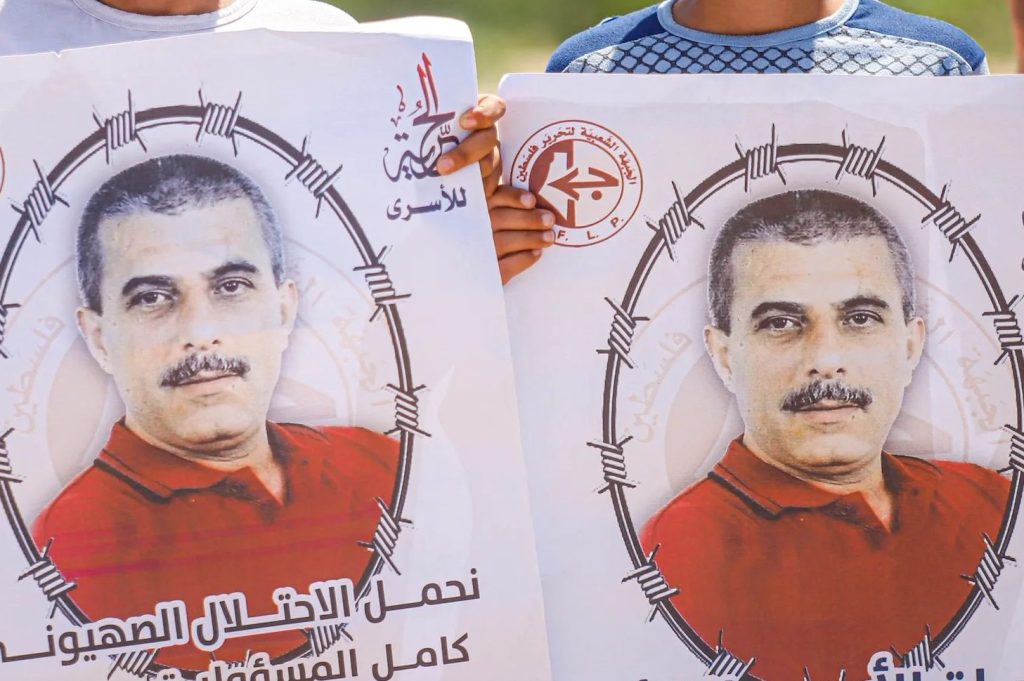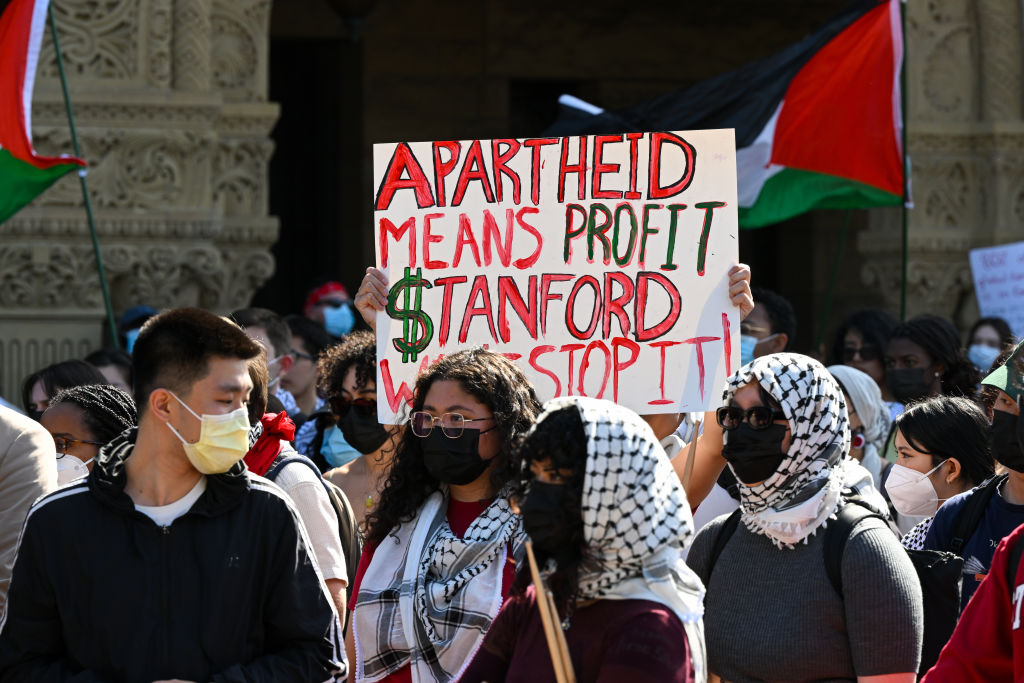You might expect a global human rights organization to wholeheartedly condemn a man involved in the brutal torture of a teenage soldier. Not the Amnesty International of 2024, it seems. On Monday night, the charity instead lamented the death of Palestinian prisoner Walid Daqqa, tweeting:
The death in custody of Walid Daqqa, a sixty-two-year-old Palestinian writer who was the longest-serving Palestinian prisoner in Israeli jails after thirty-eight years of imprisonment, is a cruel reminder of Israel’s disregard for Palestinians’ right to life.
Sorry? Amnesty International couldn’t possibly be talking about the same Walid Daqqa who, in 1984, led a group that abducted, tortured, castrated and mutilated Israeli soldier Moshe Tamam — before shooting the nineteen-year-old and dumped his body, could it? Er, well, it is.
In a dedicated article on its website, Amnesty goes on to describe the death of the “writer” in Israeli custody as “heart-wrenching,” highlighting calls for his urgent release on “humanitarian grounds” following a cancer diagnosis. The blog continues: “For Daqqa and his family, the last six months in particular were an endless nightmare… Daqqa’s wife could not embrace her dying husband one last time before he passed.” It urges Israel to return the prisoner’s body to his family, to “allow them to mourn his death without intimidation.”
Amnesty spends little time detailing the prisoner’s crimes, writing instead that “Daqqa was not convicted of carrying out the murder himself, but of commanding the group,” which was affiliated with the Popular Front for the Liberation of Palestine. It added: “His conviction was based on British emergency regulations dating back to 1945, which require a much lower standard of proof for conviction than Israeli criminal law.”
This is, of course, the same Amnesty International that in 2021 made the decision to remove Alexei Navalny’s “prisoner of conscience” status for “discriminatory statements” he made over thirteen years previously — before later admitting the move increased Navalny’s persecution by Russia and reversing its decision. All combined, it raises very serious questions about Amnesty’s understanding of “human rights…”
This article was originally published on The Spectator’s UK website.


























Leave a Reply